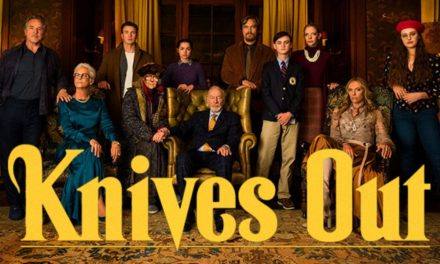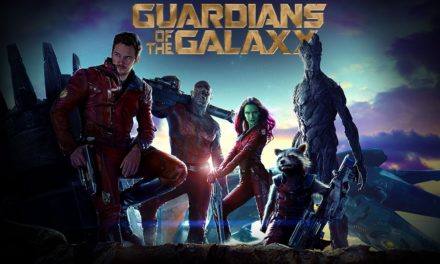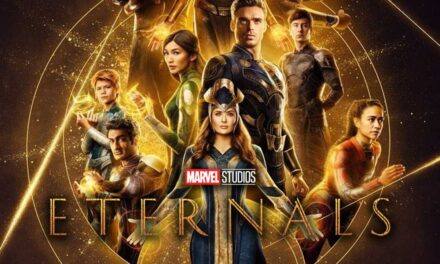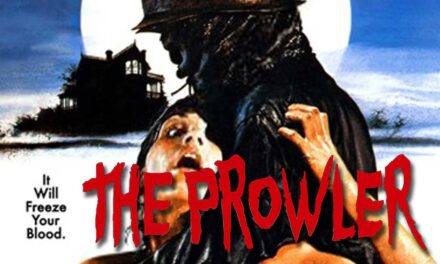At age 17, a young Adam Sandler first took at comedy clubs after his brother urged him to do so. This led to a small role on The Cosby Show and the lead in the mostly-forgotten comedy Going Overboard. However, his career took off when comedian Dennis Miller discovered him and introduced him to SNL producer Lorne Michaels. Sandler was hired as a writer in 1990, became a featured player the following year, and was a massive hit. After being fired in 1995, Sandler decided to pursue films, having previously appeared in supporting roles in Coneheads and Airheads. He scored a hit with Billy Madison, which he co-wrote with his college roommate and SNL writer Tim Herlihy. Following its success, Herlihy and Sandler started working on their next project, hiring actor-turned-director Dennis Dugan to helm the project. After a three-month shoot, February 1996 saw the release of Happy Gilmore.
%
Rating
Synopsis
Happy Gilmore (Adam Sandler) is an aspiring hockey player whose life isn’t going anywhere and has serious anger issues. While visiting his grandmother (Frances Bay), he learns that the IRS is foreclosing on her house because of back taxes. He chats with the movers, who challenge him to a long-drive contest, and he hits the ball 400 yards away. Happy decides to hustle people at a golf range, where he runs into former pro golfer Chubbs Peterson (Carl Weathers). At Chubbs’ persistence, Happy enters into a local golf tournament, which he wins, getting a spot on the pro tour. Happy’s unorthodox skills and crass antics make him a fan favorite, which upsets pro golfer Shooter McGavin (Christopher McDonald). Meanwhile, Happy falls for Virginia Venit (Julie Bowen), who helps him take down Shooter and get his grandmother’s house back. Will Happy get the house back, or will Shooter shoot him down?
Review
Happy Gilmore is vulgar, crass, foul, and utterly stupid, but it’s also weirdly endearing and better than you’d expect. It’s got the tropes you’d see in future Sandler films: crude humor, rampant product placement, celebrity cameos, and SNL alumni. However, it’s not as bad here, probably because there’s a sort of innocence lacking in Sandler’s more recent comedies. It helps that the central motivation for Happy’s actions is trying to help someone close to him instead of himself. In terms of his direction, Dennis Dugan does a decent job, though it’s nothing too special or extraordinary. There are some cool POV shots of the goofball and some good use of filters for the dream sequences. Otherwise, it looks no different than your standard 90s comedy, though it’s not going for any artistic merit. It’s going for dumb, fun entertainment, and it mostly succeeds where it counts.
As the hero, Adam Sandler does a good job, only mugging for the camera when appropriate, but is otherwise likable. Julie Bowen works as the love interest, and Frances Bay is incredibly sweet and lovable as the grandmother. However, it’s Christopher McDonald who absolutely steals the show as Shooter McGavin, chewing up as much scenery as he can. Carl Weathers also seems to be having fun as the old golf coach who acts as a wise sage. Richard Kiel and Bob Barker have some fun cameos, Barker especially since he gets to beat up Adam Sandler. Also, Ben Stiller has a brief but funny appearance as the orderly at the nursing home Happy’s grandmother stays at. At an hour and 33 minutes, the film goes by quickly and has a decent pace to keep you entertained. Overall, Happy Gilmore won’t appeal to everyone, but it’s a decent sports comedy.
Buy Happy Gilmore from Amazon: https://amzn.to/3pOAJbY




